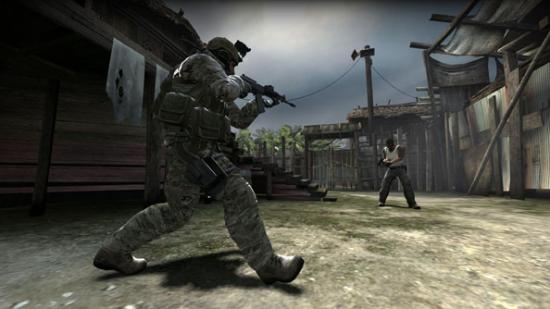“At the beginning it was a hobby, and it just kind of grew,” says Michael ‘Odee’ O’Dell. “Now we actually pay people. Contrary to popular belief that we pay people in mouse pads. Well, we used to.”
Odee is manager of Team Dignitas, the globally renowned e-sports team begun over a decade ago with the merger of two Battlefield 1942 teams. We’ve called him on the eve of their biggest deal yet – the sale of a League of Legends squad for at least half a million dollars – to reflect on Dignitas history and the e-sports explosion.
“When we first started doing it we did it because we wanted to win,” he remembers. “That’s the only reason.”
The Dignitas Battlefield team went to Milan in 2004 “just to beat the Germans” – and won PC cases they couldn’t fly home with.
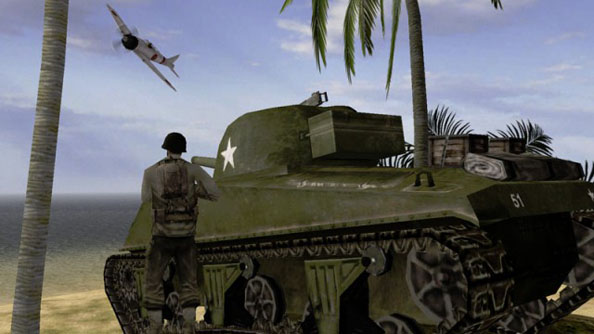
Odee wasn’t interested in managing – not at first, after the team had their first taste of success at CeBIT and the sponsors started getting in touch. He had a good job, and a wife and kids. But the offers kept coming.
Odee decided that he could work a job, play tournaments, and organise his team. Eventually, though, he found that he wasn’t concentrating in practices – he was writing emails to Intel. He resolved to retire on his next win, and did just that after the iSeries Multiplay Battlefield 2 tournament in 2006.
Now Dignitas manage 47 players across several games, and are able to employ the staff who volunteered in the early days. These days the company are signed with sports talent agency IMG – who “run around” sorting out sponsorships on their behalf. But Odee isn’t quite ready to relinquish some of his longest-held responsibilities.
“I do a lot of things I shouldn’t be doing now, that I should pass on to other people and concentrate on the bigger picture stuff,” he admits. “I’m very hands-on in what I do.”
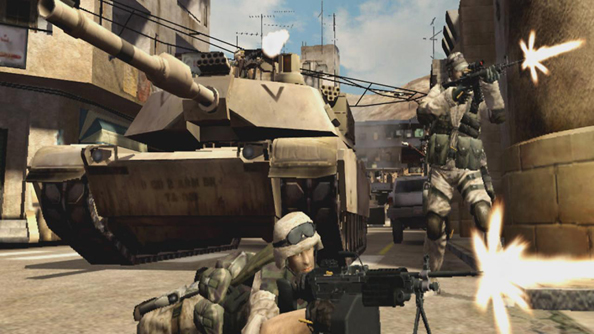
As we’re talking, he’s checking through the company’s accounts. And if you order Dignitas merchandise, there’s a good chance that the boss will ship it personally (“I like doing it”).
“It just kind of turned into a business,” he says. “Our mentality from that original team is completely different, to an extent, to today’s players. Because today’s players know that they can get salaries.”
More money is coming into e-sports than ever before, and paychecks are rising. The trick now is keeping hold of your stars.
“People come in with lots of money and it’s enticing for players,” explains Odee. “Which is good, what I’ve always wanted, but bad, because obviously I don’t want to lose players to somebody who’s got more money. But it happens.”
Is player ego a problem?
“Ego’s a problem from day one in e-sports,” agrees Odee. “It’s a tough one.”
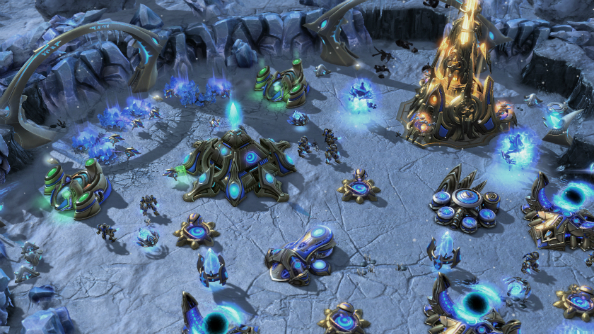
An overinflated sense of self-worth doesn’t necessarily inhibit pros in 1v1 games, he reckons – but there’s a knack to balancing a team around one arrogant player. And it’s important, apparently, for pros to have an awareness of precisely how good they are.
“We generally try and find players that gel,” he says. “Having an ego is good to a point, but I’m not a fan of players like that. It’s worse when you feel that you’re entitled to win everything, and you don’t recognise that you’re not.”
With so many pros on their payroll, team welfare is something Dignitas keep an eye on. The e-sports horror stories persist, of teenagers moving across the world and becoming isolated from friends and family. Odee isn’t a fan of shared team houses.
“There aren’t many jobs where you have to live with your workmates 24/7,” he points out. “Unless it’s an oil rig. Even firemen get to go home sometimes. I hope one day we get to the point where the guys are earning so much money they can go home to their mansions and then turn up for work in the morning at a facility the teams will have, and do it that way.”
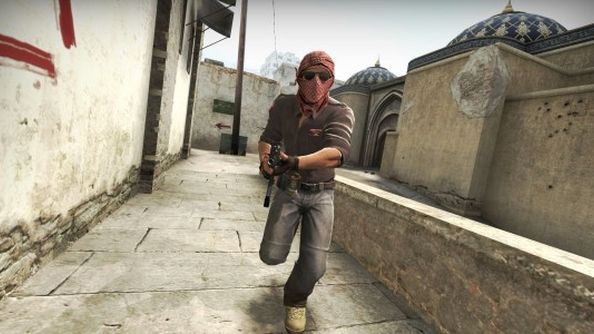
The players are often at their lowest ebb, understandably, after a loss. That’s when they watch through their games, find the mistake, and work at it.
“That’s how you become a pro gamer,” believes Odee. “Sometimes though, you play teams that are just better. There’s nothing you can do. Our philosophy is: if you want to win, you’ve got to try your best, and if you don’t try your best, you’re not going to win.”
16 years into Odee’s career, mainstream crossover is imminent – and with it sustainability. Marketers from serious companies are approaching teams like Dignitas to have serious money conversations. Developers have started to take responsibility for their own ecosystems. Riot Games financially support teams in the LCS, and Odee has “no doubt” that Blizzard are looking at something similar for their games.
Players are getting rich. Odee can’t help but laugh when he hears about players retiring from professional play in their prime. StarCraft’s Stephano wrapped up his career on the cusp of his 20s.
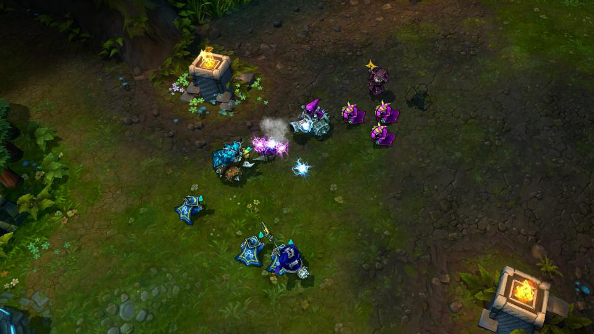
“What the hell? It’s desire,” he says. “Do you want to do it or not? I don’t think brain cells tire. When I stopped playing, I was 36 – and I was playing top level in the games I played. And that was because I wanted to do it, and I knew I was good.
“I know if I was 24 years old playing professional League of Legends, I wouldn’t retire. That would be all I wanted to do. Who wants a real job?”
